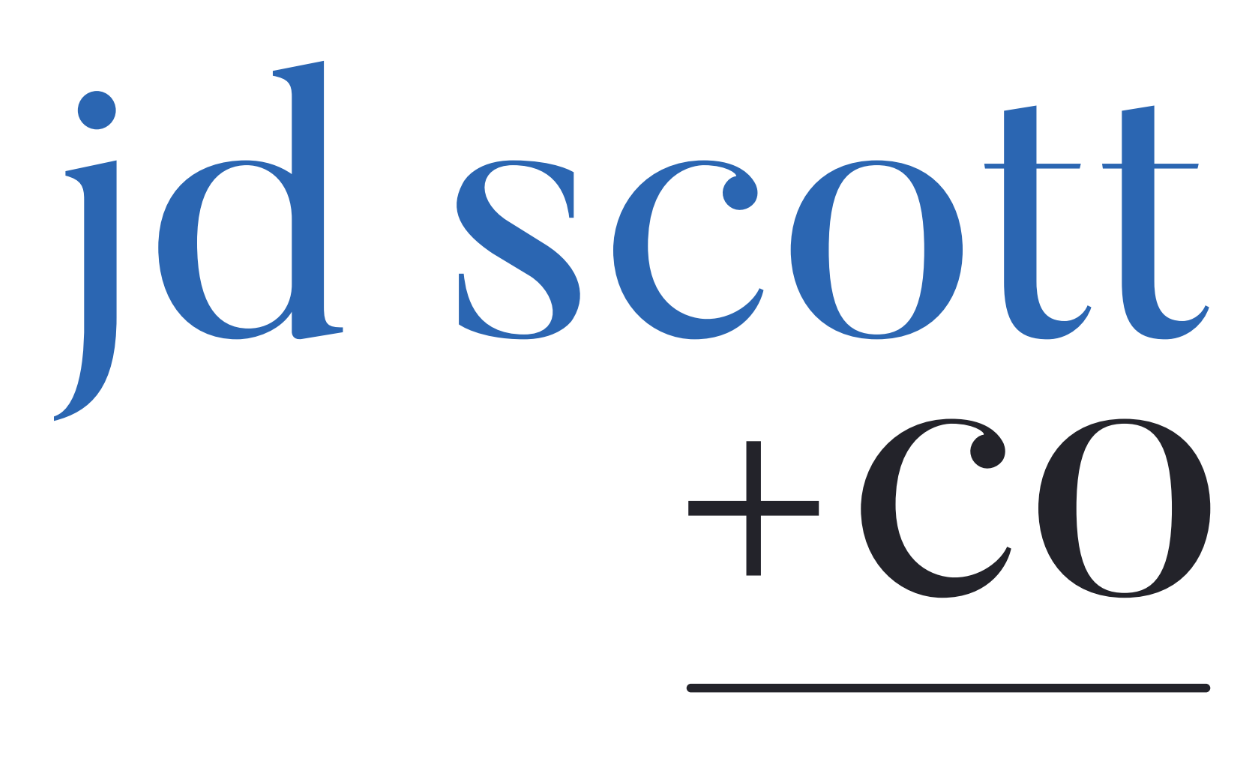There are many forms of business structure available, from companies to sole traders. Each type of structure has its pros and cons, which we explain in detail here. One of the more popular of structures, especially when it comes to holding investment assets, are discretionary trusts.
What is a ‘family trust’?
A ‘family trust’ (FT) for tax purposes is one whose trustee has made a valid family trust election (FTE). It is not sufficient to simply include the words ‘family trust’ in the trust’s name.
A valid FTE can only be made if the family control test is satisfied. This test means that only a trust that is not widely held and is effectively controlled by a specific family can make a valid FTE.
An FTE must be in writing in the approved form. Once the election has been made, it cannot be varied or revoked except in limited circumstances.
The ATO has listed on its website the 5 main reasons to become a family trust.
Five reasons to become a family trust
1. Trust loss measures
A FT only has to satisfy one test (the income injection test) to utilise tax losses or debt deductions, and it becomes easier to pass the income injection test. Trusts that have
not made an FTE have to satisfy additional tests and it is more difficult to satisfy the income injection test.
2. Company loss tracing concession
Broadly, if a company has a non-fixed trust as a shareholder and the trust is a FT, a single notional entity that is a person will be taken to own the interests. This means that there is no need to trace past the FT. This makes it easier for the company to recoup its tax losses.
3. Access to franking credits
A concession makes it easier for franking credits to pass through to beneficiaries of a family trust where the trust has received franked distributions from a company or another trust.
4. Trustee beneficiary reporting rules
Generally, these rules require the trustee of a closely held trust to advise the ATO of certain details about each beneficiary of the trust that is also the trustee of another trust (a trustee beneficiary). Family trusts are excluded from having to comply with the rules (although trustee beneficiary non-disclosure tax may be payable in certain circumstances).
5. Small business restructure roll-over
Small business entities can restructure their business by moving active assets into, or out of, a trust, company, partnership, or a combination, without adverse capital gains tax (CGT) consequences. This is called CGT roll-over relief. One of the requirements to be met to access the CGT roll-over relief is that there is no material change in the ultimate economic ownership of an asset. Special rules apply in this context to family trusts.
What are the pitfalls of a family trust?
· Family Trust distribution tax (FTDT) is imposed when distributions are made outside the family group. The rate is 47%. The meaning of ‘distribution’ for this purpose is very broad and includes the transfer of property, the use of an asset and debt forgiveness.
· The trustee of a family trust will be liable to pay trustee beneficiary non-disclosure tax if it makes what is called a ‘circular trust distribution’. The rate is 47%.
For a more comprehensive analysis of family trust elections read our article.
Tip! We can help you decide if a FT is right for you.
JD Scott + Co is one of Sydney’s leading Chartered Accounting firms, we aim to help build your business and wealth, empowering you to reach your goals.


